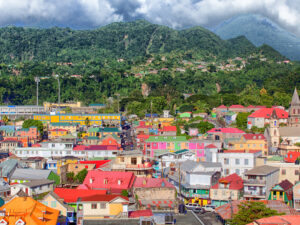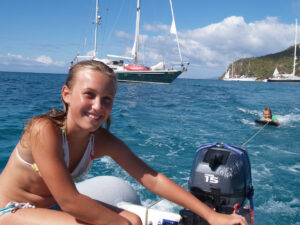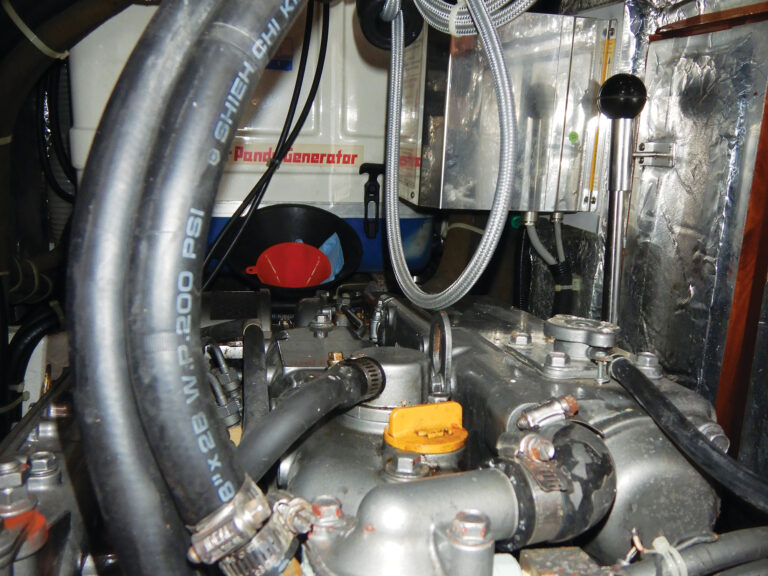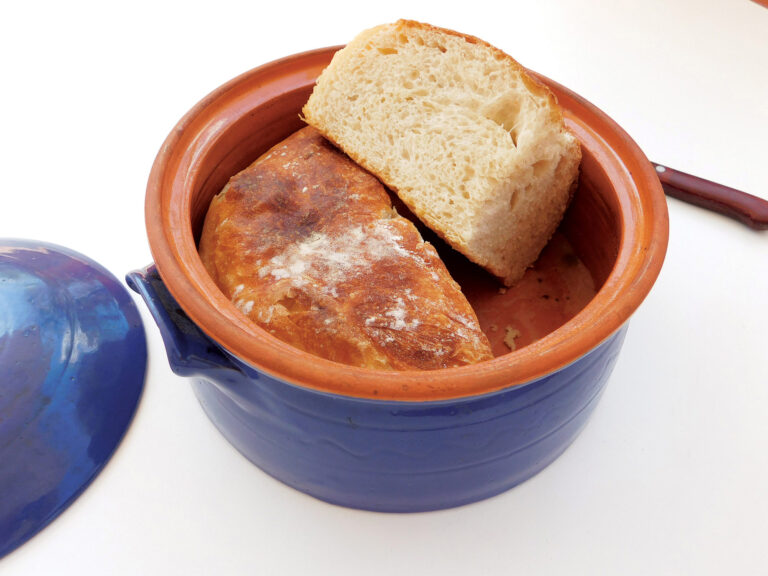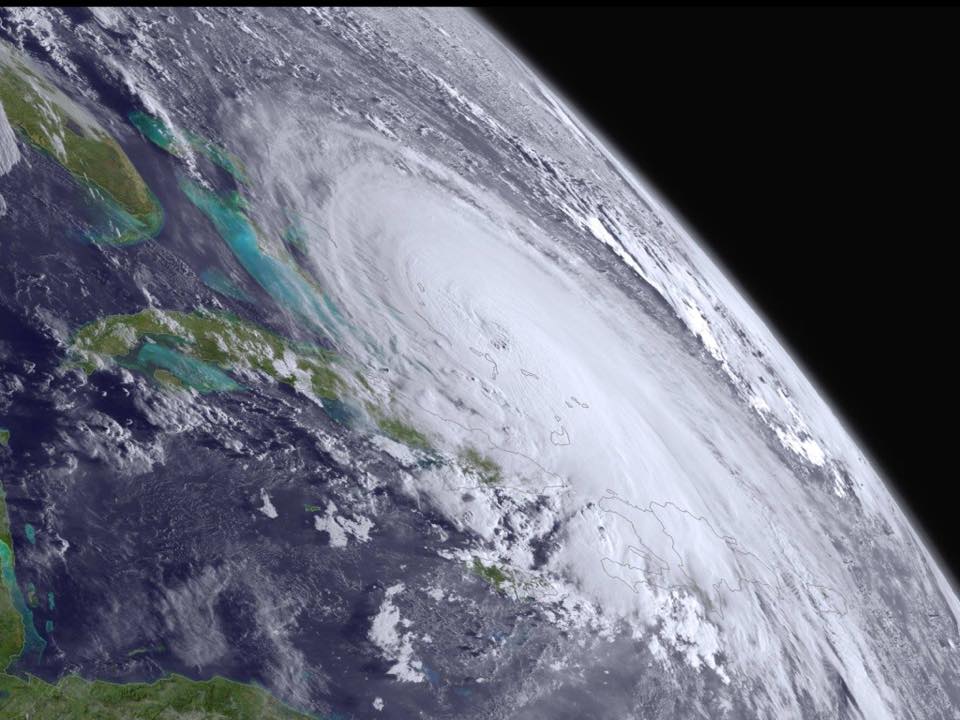
On September 27, 2015, a low-pressure thunderstorm started churning in the open Atlantic.
That’s when Hurricane Joaquin began its crash course for the central and southern Bahamas. The strongest Atlantic storm since Hurricane Igor in 2010, this natural disaster’s effects still reverberate today.
Concerned meteorologists monitored Joaquin as it grew into a tropical depression. The storm system entered Caribbean waters and rapidly intensified, exploding into a full-throated hurricane in just two days. At their peak, Joaquin’s winds reached 155 mph, 2 mph short of a Category 5 storm.
Hurricane Joaquin made landfall in the Bahamas on October 2. The storm remained a robust Category 4 hurricane as it tore through Acklins, Long Island and Rum Cay. The ensuing surge tossed boats from their slips into coastal mangroves. Crooked Island was especially ravaged: Over 70 percent of the island was flooded with 5 feet of water. Families were trapped in their homes as water and debris rose.
Roofs blew away. Power lines fell into the streets, which had been scraped raw by the deadly slosh. Buildings were dragged from their foundations and discarded, piecemeal, several yards away.
Hurricane Joaquin pummeled the central Bahamas with near-Category 5 winds for more than 72 hours. The storm caused at least $60 million in damage and destroyed hundreds of dwellings.
For many sailors, the Bahamas are a scenic respite and a favorite cruising destination.
For the shopkeepers, the mothers and fathers, sons and daughters who give the islands their warmth, the Bahamas are more than paradise. It’s home.
Six months have passed since Hurricane Joaquin, and the people of the Bahamas still need your help to rebuild.
The Bahamas Stop Off and Drop Off campaign helps cruisers connect with local volunteers to donate much-needed tools, supplies and foodstuffs. Visit the Long Island Runner News’ Hurricane Joaquin Relief CrowdRise page to donate online, as well.
Find out more about the Stop Off and Drop Off campaign here, or donate online here.


